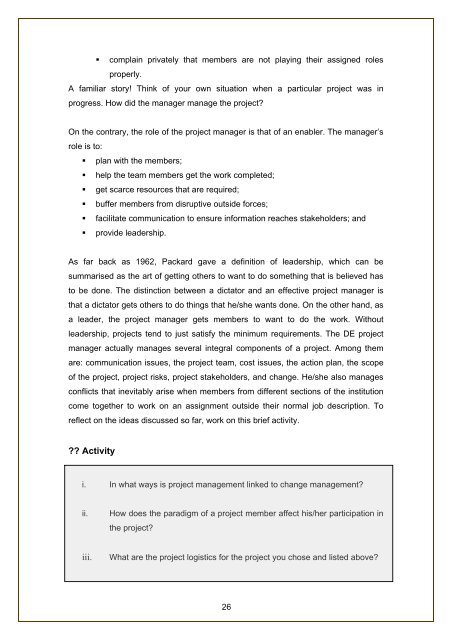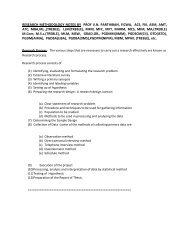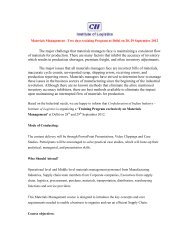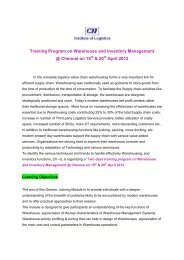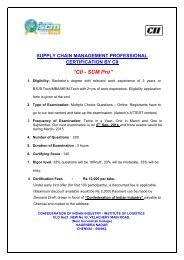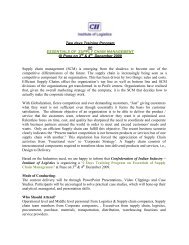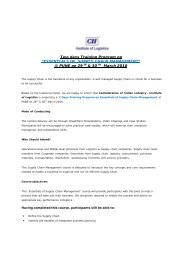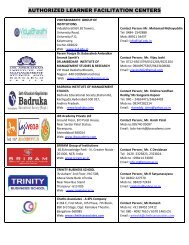successful project management - Commonwealth of Learning
successful project management - Commonwealth of Learning
successful project management - Commonwealth of Learning
You also want an ePaper? Increase the reach of your titles
YUMPU automatically turns print PDFs into web optimized ePapers that Google loves.
• complain privately that members are not playing their assigned roles<br />
properly.<br />
A familiar story! Think <strong>of</strong> your own situation when a particular <strong>project</strong> was in<br />
progress. How did the manager manage the <strong>project</strong>?<br />
On the contrary, the role <strong>of</strong> the <strong>project</strong> manager is that <strong>of</strong> an enabler. The manager’s<br />
role is to:<br />
• plan with the members;<br />
• help the team members get the work completed;<br />
• get scarce resources that are required;<br />
• buffer members from disruptive outside forces;<br />
• facilitate communication to ensure information reaches stakeholders; and<br />
• provide leadership.<br />
As far back as 1962, Packard gave a definition <strong>of</strong> leadership, which can be<br />
summarised as the art <strong>of</strong> getting others to want to do something that is believed has<br />
to be done. The distinction between a dictator and an effective <strong>project</strong> manager is<br />
that a dictator gets others to do things that he/she wants done. On the other hand, as<br />
a leader, the <strong>project</strong> manager gets members to want to do the work. Without<br />
leadership, <strong>project</strong>s tend to just satisfy the minimum requirements. The DE <strong>project</strong><br />
manager actually manages several integral components <strong>of</strong> a <strong>project</strong>. Among them<br />
are: communication issues, the <strong>project</strong> team, cost issues, the action plan, the scope<br />
<strong>of</strong> the <strong>project</strong>, <strong>project</strong> risks, <strong>project</strong> stakeholders, and change. He/she also manages<br />
conflicts that inevitably arise when members from different sections <strong>of</strong> the institution<br />
come together to work on an assignment outside their normal job description. To<br />
reflect on the ideas discussed so far, work on this brief activity.<br />
?? Activity<br />
i. In what ways is <strong>project</strong> <strong>management</strong> linked to change <strong>management</strong>?<br />
ii.<br />
How does the paradigm <strong>of</strong> a <strong>project</strong> member affect his/her participation in<br />
the <strong>project</strong>?<br />
iii.<br />
What are the <strong>project</strong> logistics for the <strong>project</strong> you chose and listed above?<br />
26


